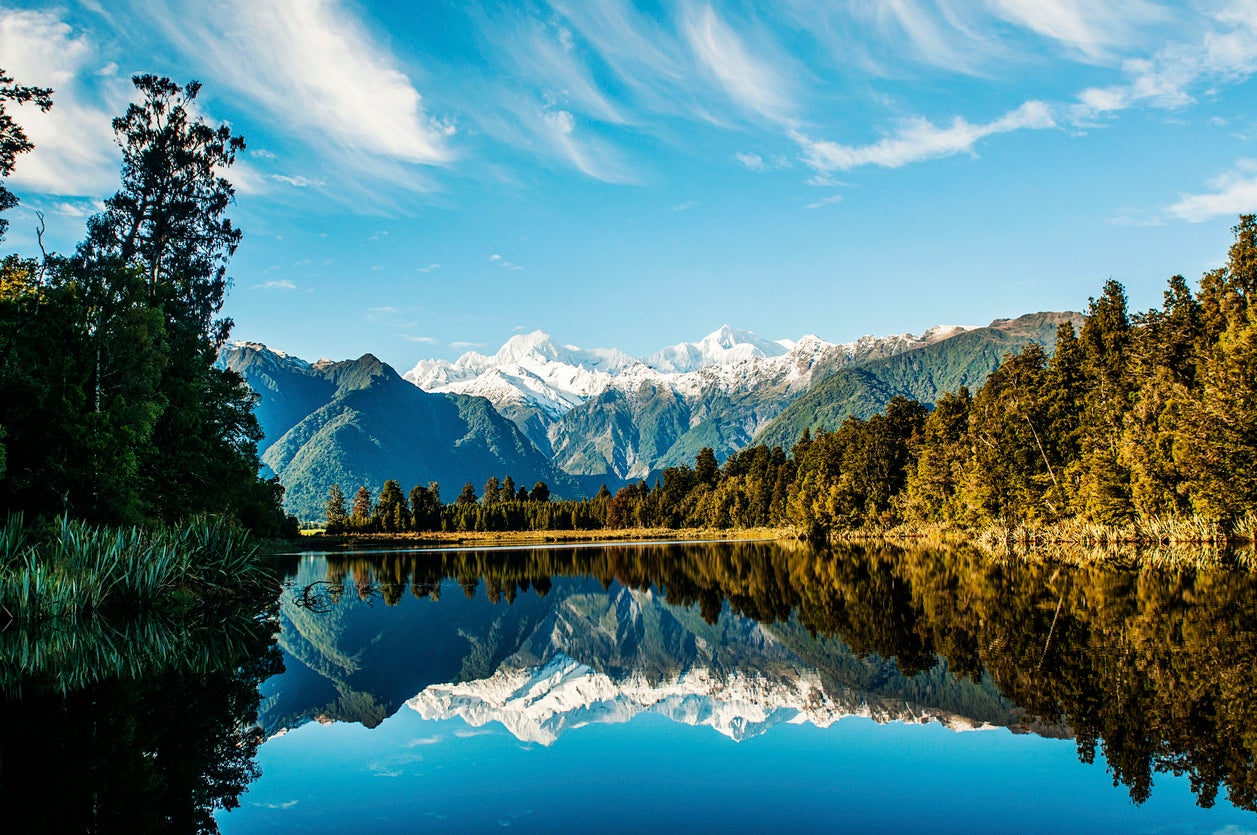New Zealand ‘like a beautiful person with cancer’ says environmentalist
Sir Tim Smit has criticised the dairy industry

New Zealand, famous for its jaw droppingly lovely landscapes, has been likened to a “beautiful person with cancer” by British environmentalist Sir Tim Smit.
The co-founder of the Eden Project said that NZ has many environmental problems, largely caused by the dairy industry, when giving the keynote speech at CLA’s Rural Business Conference in London on 28 November.
The original Eden Project is in Cornwall, but there is also a similar project being run out of Avonside in Christchurch on the east coast of New Zealand’s South Island, entitled Eden NZ: Mountains to the Sea.
"We are working in the red zone, in Christchurch," said Sir Tim, reports the NZ Herald.
"You know, what is the brand New Zealand guys? You know, it's the oldest advertising thing for a place in the whole of the world – ‘Pure New Zealand’.
"It's so pure that the people of Christchurch won't even swim in the River Avon."
Sir Tim said many of the lakes and rivers there are blighted by algae, which he attributed to a dairy industry that is out of control.
"It is like a beautiful person with cancer," he said. "The only strategy was to satisfy consumers in China with a dairy product, which is ironic for a lactose-intolerant people.
"So, with global warming, more rain, but focused in a short period of time, loads of nitrates to make the grass grow faster, because cattle need it faster than sheep, and all of the nitrates go in the river."
The dairy industry hit back, with DairyNZ strategy leader Bruce Thorrold saying the industry group was "extremely disappointed" at the comments.
He said New Zealand was "still very much a ‘beautiful person’ and proud of it."
"We acknowledge that not all of our waterways are pristine but compared to the rest of the world, New Zealand's waterways are in good condition, and our farmers and communities are working hard to be even better," said Thorold.
"And dairy is just one sector that has had an important role to play. The Avon River, which Sir Tim references, is the river that flows through Christchurch City and isn't anywhere near dairy farms."
He extended an invitation for Sir Tim to return to New Zealand for a swim. "We invite Tim to revisit our beautiful country, and his facts, so he can see first-hand the state of our rivers and lakes, and perhaps even take a dip."
However, other experts have backed up Sir Tim’s assertions. NZ Environment Minister David Parker told the NZ Herald: "We agree New Zealand's got a real issue with water quality – we campaigned on it, and we are going to do something about it."
A recent Government report found that nitrogen levels were rising at 55 per cent of monitored river sites, while decreasing at 28 per cent of sites. Phosphorus levels were decreasing at 42 per cent of sites while rising at 25 per cent of sites.
Too much nitrogen and phosphorus in the water causes algae to grow faster than ecosystems can handle. Significant increases in algae harm water quality, food resources and habitats, and decrease the oxygen that fish and other aquatic life need to survive.
Join our commenting forum
Join thought-provoking conversations, follow other Independent readers and see their replies
Comments
Bookmark popover
Removed from bookmarks